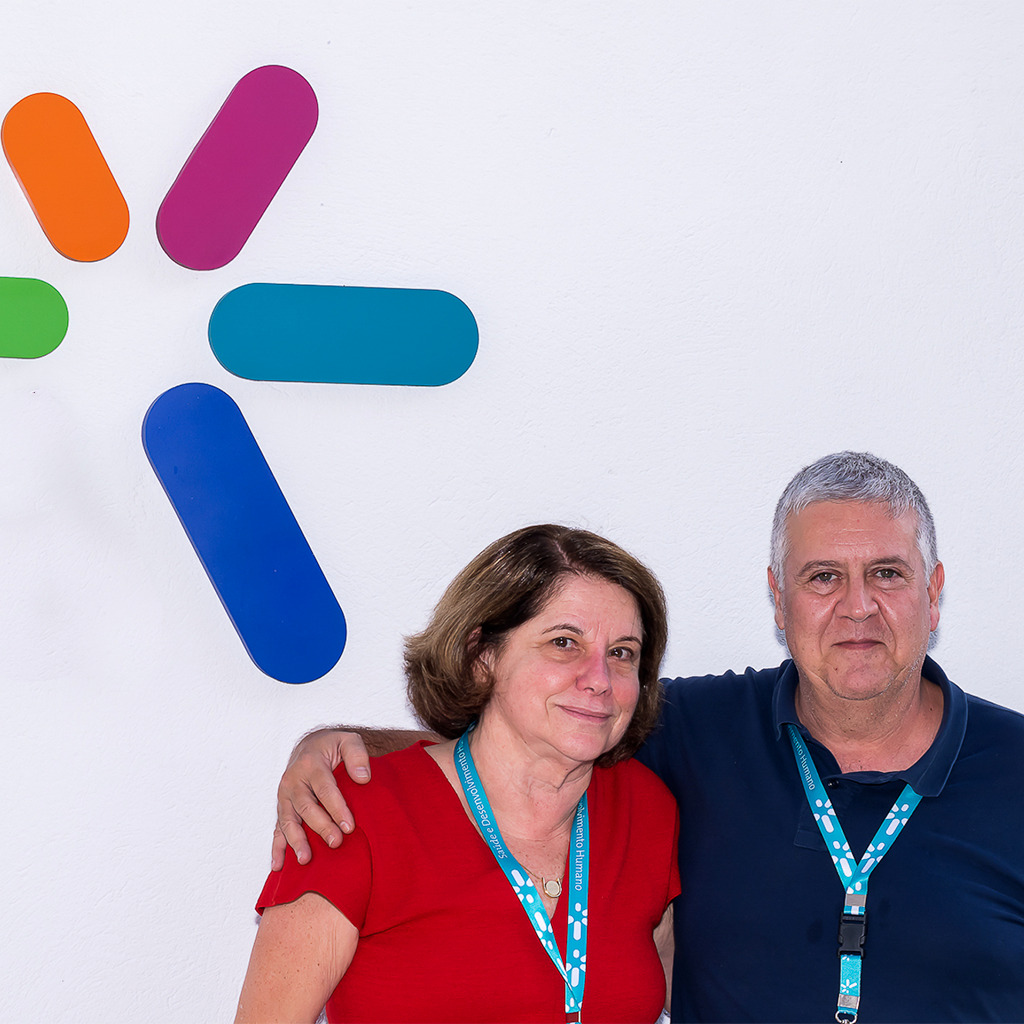Sometimes you have no idea that your work is innovative. You just think about how to solve the issue using your own common sense. You go for it, not knowing that no one has tried your solution before, and it works.
This sort of common sense innovation is what has catapulted the Dara Institute [formerly Saúde Criança] to the forefront of transformative health care and changed the lives of thousands of Brazilian families. In 1991, Dr. Vera Cordeiro realized that many children who were successfully treated for an infectious disease in hospital would soon return after being re-infected at home. As a general practitioner with ten years of experience in pediatrics, Dr. Cordeiro was shocked. So, working alongside her Brazilian colleagues, she began to formulate a set of tools that would address both the diseases and the socioeconomic factors that make children sick. She and her team developed a two-year, multidimensional “Family Action Plan” and founded Saúde Criança to carry it out around Brazil. The Plan quickly proved to be successful, as it allowed the organization to customize its response to each family’s needs.
The Dara Institute and its Family Action Plan achieve sustainable family health by targeting many areas of wellness, including education, housing and income.
Dara moves away from a one-size-fits-all humanitarian response to instead provide comprehensive and individualized support and healthcare to children of low-income families. In doing so, the organization offers what should be considered VIP treatment to each and every child and family in its care. The Family Action Plan provides a framework to guide Dara’s multidisciplinary team of doctors, social workers, and other healthcare professionals to create a specific plan to ensure lasting wellness for each family. Now with more than twenty years of excellence in its field of operations, Dara Institute has established itself as a unique and innovative nonprofit. They have mastered the art of getting specific while addressing huge public health issues, breaking the vicious circle of illness in poverty, and inaugurating a new approach to age-old problems.


